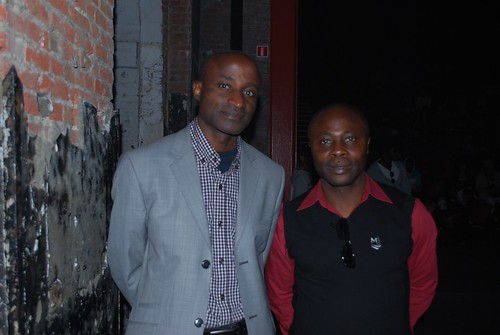
Image : http://www.flickr.com
Billie Jean was a song from the "Thriller" album by Michael Jackson. It is one of the greatest songs ever produced by the legend, earning platinum certification in 1989. In fact, Billie Jean has numerous other accolades to its name which gives it the distinction of being one of the best songs ever made by the king of pop.
The song is quite controversial, to say the least. It has two different meanings to it, one specified by Michael Jackson and the other explained by his biographer, Randy Taraborelli. One of the explanations given by Michael Jackson, is that the song is actually a composite of all the groupies that Michael had met when he was a part of the Jackson 5. It is supposed to signify the horrors he encountered, in terms of random woman claiming to either be carrying his child or already has a child, and he is the father. This apparently led to Michael having nightmares and consequently making this song as a result of it.
The other explanation is the song is about one particularly delirious fan who had continually mailed Michael about her having one of his kids and how he should be ashamed of abandoning his own flesh and blood. In fact, this fan went to great lengths to convince Michael of her authenticity, even sending him a picture of her with her son, along with a gun so that Michael can shoot himself and they can be together in her next life.
However, no one knows for sure what the real story is. Ultimately, the song ended up being one of the biggest singles of all time, and was a part of the reason for the Thriller albums success. In fact, Billie Jean is one of the top songs ever recorded by any artist in the history of pop.
Additionally, Billie Jean is also famous because it is widely acclaimed the video caused a shift in the direction of MTV. It was the first pop video by a black artist to be shown on the channel and happened to be a turning point in the history of television.
Michael Jackson's Billie Jean ensured that African American artists in the future didn't have to go through the kind of hoops that he had to in order to get recognized.
No comments:
Post a Comment